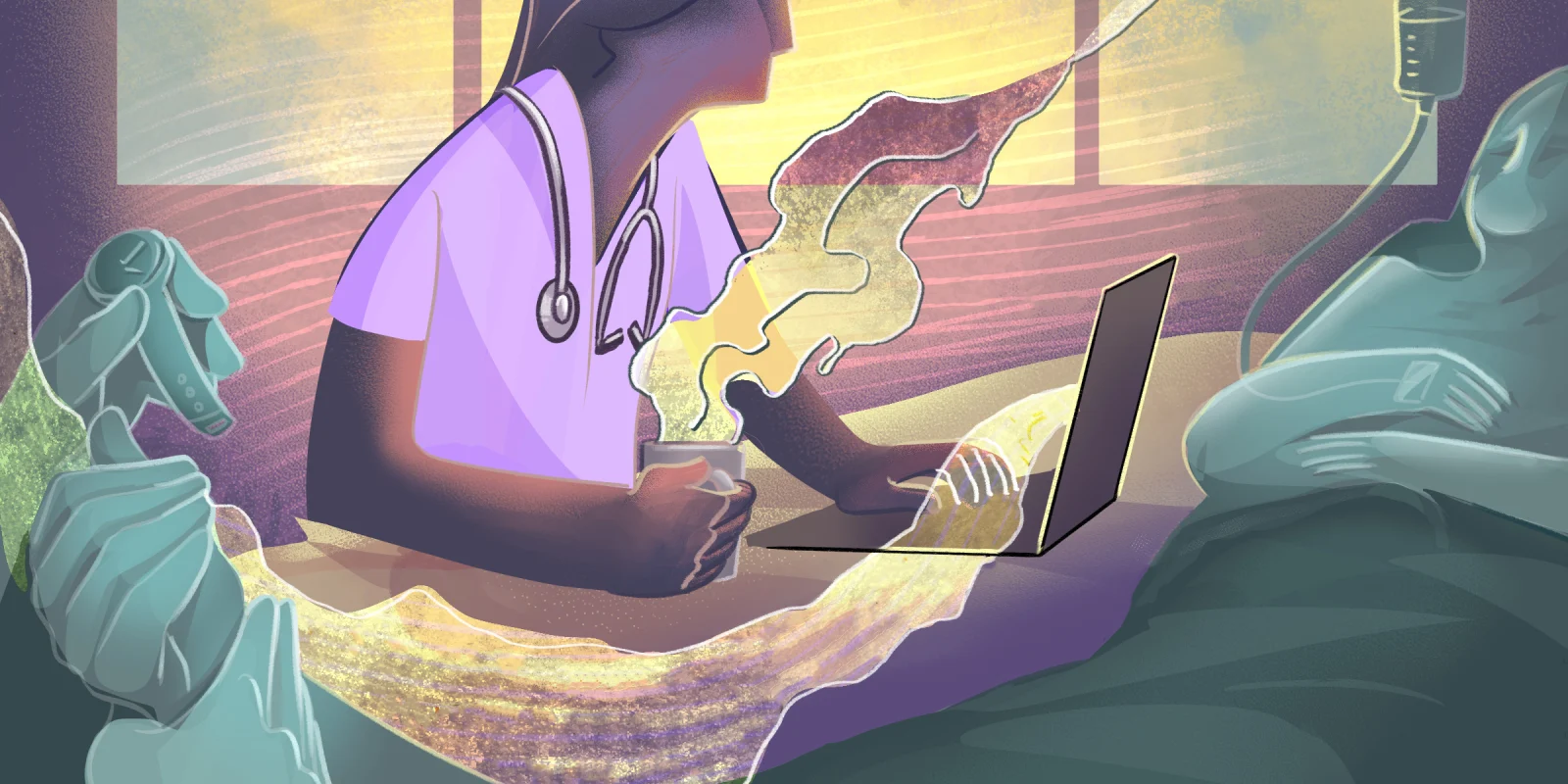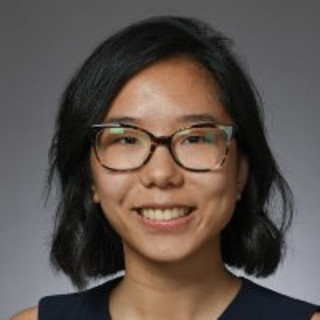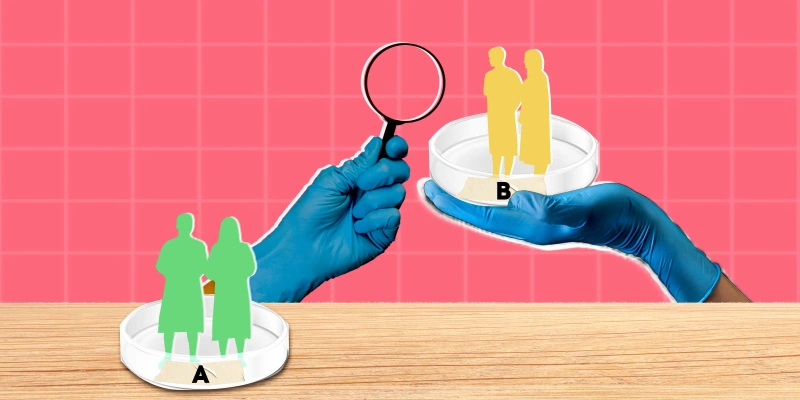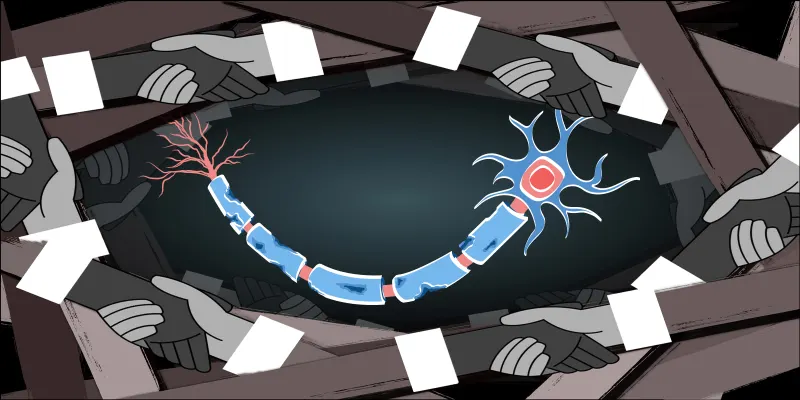A week before the end of my surgery clerkship, my mom told me that I should fly to China to see my grandfather. She didn’t elaborate, but I knew that she never would have suggested such a thing if doctors had not recommended that family members say their goodbyes. My grandfather had gotten pneumonia while I was studying for Step 1, and the scant news I received of him was not encouraging. I wheeled my suitcase out of the hospital after my overnight shift and immediately made a beeline for the airport. Like many first-generation Chinese American kids, my grandfather moved from China to live with my family and raise me from the time I started kindergarten to the time I graduated high school. As the plane began its descent into Beijing, I wondered how he would look when I saw him.
My first stop in Beijing was my grandfather’s hospital room. I’d seen a lot of sick patients in the wards, but nothing could have prepared me for that moment. My grandfather’s once round, tanned face had become angular and sallow. His hollow eyes just stared half-open at the ceiling. The tubes coming out of him made him look bionic. When I went to hold his cold, papery hand, it was all he could do to muster a barely audible groan.
After we left his hospital room, my mother immediately went into a frenzy of activities, from obtaining blood (in China, blood donation is so taboo that hospital patients’ families often have to purchase blood due to the shortage) to asking my hospitalist uncle in America what to ask the doctors to do. I’d barely grasped the proper use of pressors just the week prior, so all I could do was just explain to her the mechanism of action of all of the drugs keeping my grandpa alive. Physicians in China are taught to have a more removed physician-patient relationship than physicians in the States, so every time we asked for more information, we were met with gruff, monosyllabic answers. Finally, one physician simply gave us a printed copy of his labs. Poring over all of the numbers felt like reading an unfamiliar dialect of a language that I had newly learned. Although the overall diagnosis was not good, trying to find something in the numbers to help my grandpa felt like I was doing something. All common sense had gone out the window for me.
My mother kept insisting that my grandfather’s failing condition was due to his physicians’ ineptitude and thought that I, a second-year medical student, should be capable of discerning the error. Every day we went back to that hospital room felt like a bad facsimile of my rotations. I rose at 3 a.m. not to round on patients, but due to jet lag. After choking down some breakfast, my family made the same pilgrimage to the hospital. The man lying on the hospital bed before me could have been any of the patients I’d seen in the SICU, but that image could not have been more different than my own mental image of my grandpa: he’d walked me to the school bus stop with a slightly wobbly gait, but a sturdy one. My neighborhood didn’t have sidewalks, so he escorted me to the bus, his strong, calloused hand firmly holding my young one.
That last day, part of me still refused to believe that I would never see him again. The idea felt impossible. The most consistent part of my childhood could not possibly just vanish.
On my next 24-hour shift, as I was calling the pharmacy to ask for antibiotic alternatives for a night float patient, my phone buzzed. My mother had texted me to inform me that my grandpa had died, but to my horror, I did not even blink an eye before writing down the antibiotics recommended by the pharmacist and handing the information over to my intern. I remember being concerned that I had not shed a single tear about the situation since I’d returned from China. Even more so, my next rotation was internal medicine where I was sure to encounter many patients who would look exactly how my grandfather had looked in his last moments. I was genuinely unsure of how I would cope.
It turned out that seeing patients was one of the best things I could have done after suffering a loss. Rather than being a trigger, my internal medicine rotation helped me through the grieving process. Fresh off of my own experience with death, I recognized the panicked look in the eyes of family members sitting in the ER during admitting day. One lady, Mrs. M, had been admitted from her skilled nursing facility for a DVT because her daughter had visited and noticed that her right calf had swelled acutely.
As I examined Mrs. M, her daughter sat in the corner and kept interrupting to ask about the next step. Instead of getting annoyed, I thought back to my own “annoying” self who had gone so far as to request my grandpa’s labs in order to feel like I had some agency in an uncontrollable matter. I sat down with Mrs. M and her daughter and explained what a DVT was, what we were doing to treat it, and what we were on the lookout for. Every day, when I went in to check on Mrs. M, I made sure to ask her daughter if she had any questions about her mother’s status. Every time I took the extra time to sit down with a patient’s family, I felt a little piece of my heart come back to life. I no longer had my grandfather, but I could do my part to keep other families from feeling utterly powerless and fearful. I thought about the fact that every day I went into the hospital, I hoped I was making my grandfather proud of the granddaughter he had raised. Patients in hospital beds were far from a trigger. Instead, medicine had become my medicine.
Vicky is a MD/PhD student at UT Southwestern Medical Center currently in the process of obtaining her PhD in Biological Chemistry. Her areas of interest in writing include health policy, social determinants of health, and the intersection between basic science and the world of clinical medicine. When she's not in the lab, she enjoys reading, hiking, cooking, yoga, and hanging out with her dog, Dobby. Vicky is a 2021–2022 Doximity Op-Med Fellow.
All names and identifying information have been modified to protect patient privacy.
Illustration by April Brust





